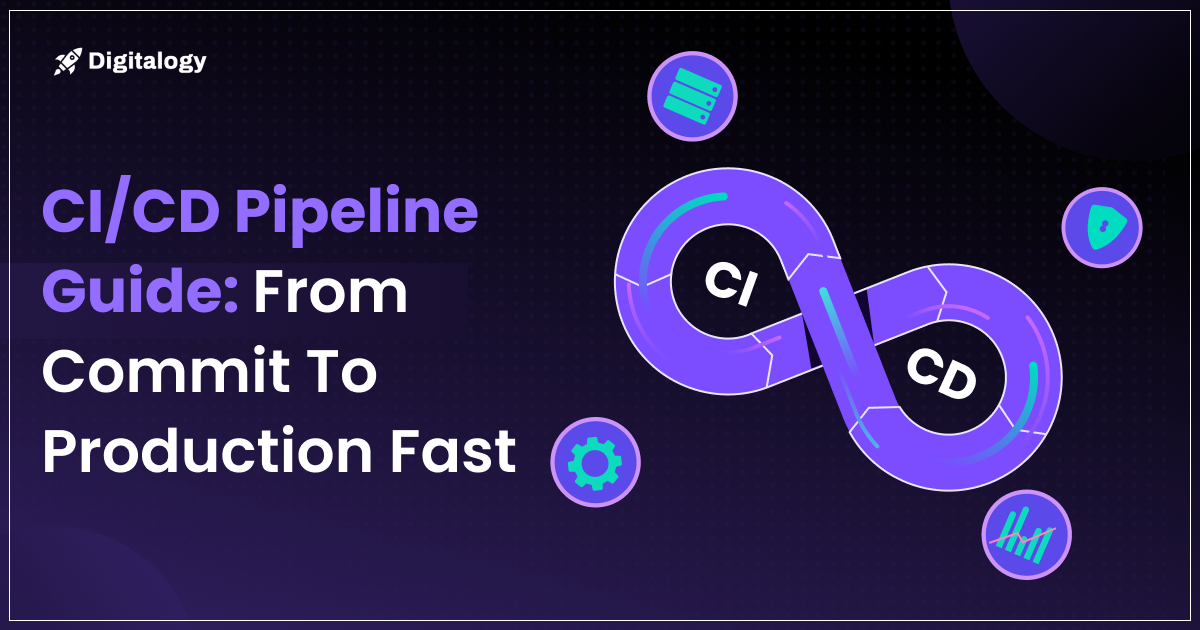There are multiple ways of developing an app which include custom app development to cloning apps. Both ways have certain benefits and consequences that a company has to deal with. The approach a startup takes depends on the goals it wants to achieve and the level of resources it wants to invest in it.
On a comparative note, which one is better? Cloning of apps or custom development of apps can both be compared on multiple aspects. In this article, we discuss the major and minor differences between custom app development and cloning apps.
What Is Clone App Development?
Clone App development takes inspiration from an existing application, its services and features. The cloning app companies then create similar apps for their client companies. Many people think that cloning apps mean creating duplicate app files from existing files.
However, this assumption is not true because the company simply takes the basic concept of the existing website or the app and adds new, unique features to it to create distinct, original apps. Cloning apps is faster than creating a custom app with an extensive app development process.
Cloning an app is the best option for a company that wants to create an app at a fast rate and use it to pivot the business. If the app delivery deadline is short, app cloning is the best approach to take.
Pros
There are many advantages to cloning apps instead of taking the traditional approach to app development. Cloning apps is a good way to take the basics of an existing app and create something new app from it. It also has merits on the financial and marketing front.
- Saves time and cost
App cloning saves a lot of money because it takes the concept and framework of an existing website or app. The skeleton is already present and does not need the initial phase of development.
This reduces the turnaround time for all development phases. The number of resources that the company needs to invest also reduces in quantity. Thus, the investment in terms of money, effort and time goes down.
Cloning an app is, therefore, an approach that a small enterprise or a startup with limited resources should take. Cloning is a faster process than the custom app development process.
- Market tested
Because the inspiration comes from already successful apps that are market tested and running, the framework is market ready. The basic features, navigation and layout of the app are already user-friendly.
The app has lesser errors and usability issues which makes the new app very profitable after launch. The marketing front and strategies for the cloned app are easier and more foolproof.
The cloning app not only simplifies the development process but also supports the development process.
- Convenience
The process of cloning the app is very convenient and is a good way of operating for small enterprises that want to launch their MVP as soon as possible.
In some cases, cloning apps overlap with the process of customization. The cloned web framework can be customized on multiple fronts for further development of the app. Therefore, the company has a solid structure with more room for experimentation.
Cloning apps combined with customization create a unique combination of the old and new to create something completely novel for the user.
Cons
There are some specific demerits of cloning apps that the company has to address before going ahead with the approach.
- The limited scope of customization
While app cloning can take up the process of custom development, it is not as predominant as custom app development from scratch.
- Privacy issues
Because the framework and fundamentals are taken from existing apps, it is possible that the privacy setting and provisions are not updated and might lack in some aspects. The app development company has to take review the privacy provisions and update them for better performance.
- Less original than customized apps
As much as cloning apps reduces the time of development, it does not create apps that are as original as truly customized apps. The cloned apps will have some similarities with existing apps, and that can cause issues.
What Is Custom App Development?
Custom app development is a major approach to original app development by companies. The customized app development process is more elaborate and takes care of both front-end and back-end development.
A complete app development company also takes care of the testing and launch part so that you have an original MVP that your company can launch. The custom app development customizes the framework and features according to the user segmentation and business goals of your startup.
However, custom app development will take more time compared with the cloning of apps.
Pros
There are many advantages that a company gets out of the custom app development process for new apps. The specific advantages of custom app development are as follows-
- Scalability
When the apps are customized according to business goals, future projections and user segments, the product is highly scalable. The customized app not only shows a great performance for the present scenario but also for the future. When the development company and the startup are on the same page about the future path for the app, scalability is a definite advantage.
- Focus on individual aspects
When the app development project goes to a custom app development company, it ensures that all the aspects of the app are well developed and customized according to the roadmap. The team focuses on individual aspects of the back end and front end so that the app infrastructure is without any issues and reflects in its performance.
- Unique and high performance
In the custom app development process, the startup is able to translate its initial idea into a unique app without any compromises. The app development company takes an original idea and builds on it from scratch. Therefore, the app is high-performance without any compromises and persisting issues on privacy and run capacity.
Cons
Despite its many advantages, custom app development is not entirely accurate. The process has some disadvantages that the startup has to address head-on.
- Time-consuming
The custom app development process is time-consuming to a great extent. As the custom app development team has to pay attention to all the aspects and test out the components, the process is extensive. If the deadline for the app delivery and launch is very short, custom app development is not the right way to go towards it.
- Expensive
The custom app development process demands more investment in terms of resources and money. It requires a prolonged contract with a custom app development team and considerable investment in manpower. The company also needs to invest in development and testing tools.
Therefore, the process is very expensive compared to cloning apps. Of course, if the app turns out to be very high-performance and unique, it becomes a success and gives a high return on investment.
- Maintenance and monitoring
Because the app that has been developed with the help of the custom app development process is unique, the challenges that later emerge will also be unique. The team has to maintain and monitor the app at all times to ensure that the performance does not go down. The team also has to work proactively for future updates to keep the app’s performance intact.
- Testing and marketing
In the cloning app process, you already had a market-ready framework. However, in custom app development, because it has a unique framework, it needs to be tested thoroughly. To ensure that the app is accurate and high performing, the team has to invest time and resources into app testing and improvements.
On the other hand, once the app is ready for launch, the team has to create new and unique marketing strategies and tools to make the new app a success. Because it is customized and does not have any precedent, marketing takes a lot of time and strategizing.
Conclusion
Comparing both the app development and launch tactics, it really boils down to what type of business you are running. If you are the owner of a startup and want a headstart in the market, clone app development is the best way to go. Clone app development is better for small and mid-scale businesses that are entering the app landscape for the first time.
On the other hand, established stakeholders of the app ecosystem prefer custom app development for new apps because they know their user base and want to offer something entirely new to the customers. Companies that want to expand their digital product lines take custom app development. However, a startup with ample capital and resources can also go for custom app development.
Custom app development allows the company to create a niche and brand identity for itself. In the long run, custom app development provides better performance and return on investment for companies. Once a company has entered the app market with a cloned app, it can then expand with custom app development for its future products.







